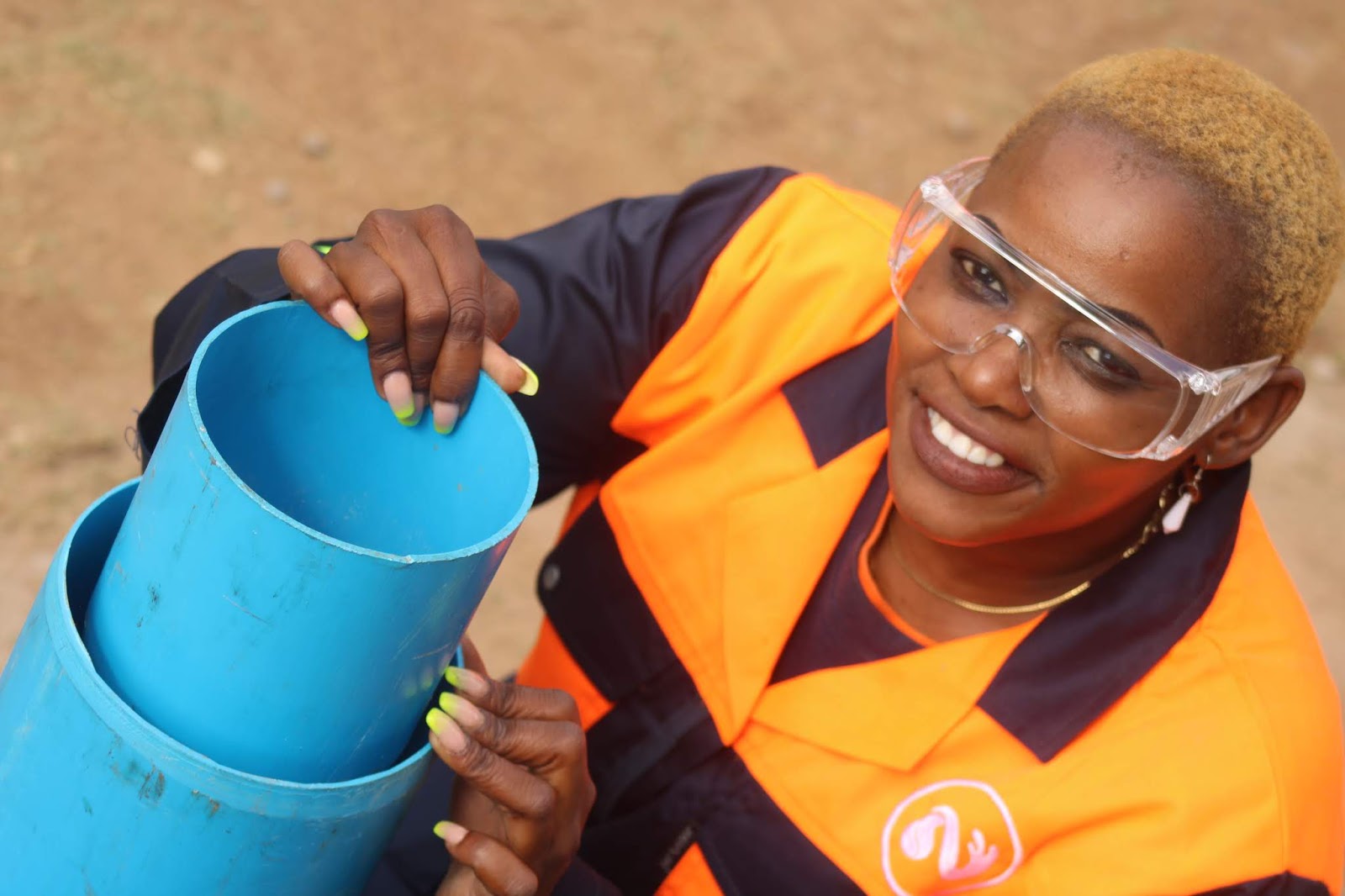Once a borehole has been drilled, if it is to become a productive borehole, the borehole must undergo completion.
Also known as setting pipe, casing a well involves running PVC pipes down the inside of a recently drilled borehole. The small space between the casing and the untreated sides of the borehole is filled with gravel pack and cement to permanently set the casing in place.
 |
| What Is Casing A Borehole and How Does Borehole Casing Work In Zimbabwe? |
About Nakiso Borehole Drilling
At Nakiso Borehole Drilling, we are your comprehensive partner for unlocking reliable water on your property. Our highly skilled team tackles all drilling projects, from standard boreholes to specialized Blast Hole and RC Drilling.
We handle everything in-house for a seamless experience, encompassing expert borehole siting, efficient drilling, and pump installation – solar, electric, or manual – tailored to your specific needs. With Nakiso, your reliable water source is just a drill away.
We don't just strive to be the best; we maintain the industry's strictest quality standards and are committed to sustainable practices for the future of Zimbabwe's water security.
Fact 1: Know Your Borehole Casings
The Preferred Borehole Casing In Zimbabwe Is Class 9 and 10 (Pressure Classes.)
This is because Class 9 and Class 10 Casings are more collapse resistant. The strength of a Casing is often described as collapse resistance.
Fact 2: Borehole Drilling Depth
The exact depth, of where the water is located, cannot be established by the drilling contractor nor the Water Surveyor (Borehole Siter).
Fact 3: There Is No 100% Guarantee
It is important to note that it is never a 100% guarantee that any hole will yield water, the amount and water quality can also not be guaranteed by the drilling contractor and water surveyor.
Fact 4: Siting Is Important
Making use of a hydrologist or traditional water diviner will increase your chances of having a successful borehole that will yield a sufficient amount of water.
Fact 5: Know The Risks
The risk of the borehole drilling lies with the property owner. The client will still be liable for the drilling costs irrespective of a borehole yielding water or not.
Our Branches and Our Contacts

Churchill Ave Branch
Business Offices (HQ):55 Churchill Avenue,
Alexandra Park,
Harare North,
Zimbabwe.
Call Us Today:
Office Numbers: +263 867 71 88844
Sales: +263 78 860 8009
Operations: +263 78 860 8005
Marketing: +263 78 876 6701
Email: info@nakisoboreholes.co.zw
Website: www.nakisoboreholes.co.zw

Bluff Hill Branch
Business Offices:36 St. Anthans Drive,
Bluff Hill,
Harare,
Zimbabwe.
Call Us Today:
Office Numbers: +263 71 494 0883
Sales: +263 78 860 8009
Operations: +263 78 860 8005
Marketing: +263 78 876 6701
Email: info@nakisoboreholes.co.zw
Website: www.nakisoboreholes.co.zw








